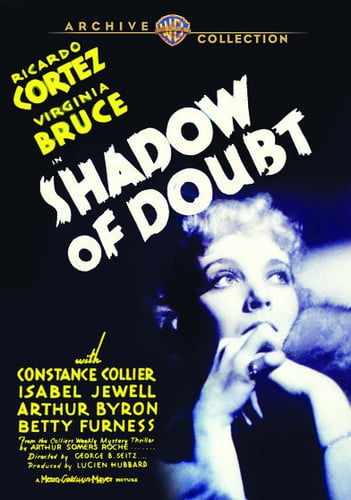

She is the author, editor or co-editor of twelve books, including Off-White Hollywood: American Culture and Ethnic Female Stardom (2001), The Aesthetics and Affects of Cuteness (2016) and Imagining ‘We’ in the Age of ‘I:’ Romance and Social Bonding in Contemporary Culture (2021). In the process, she makes a compelling case for moving Shadow of a Doubt closer to the heart of the Hitchcock canon.” – Milette Shamir, Tel Aviv University “Negra persuasively shows how Uncle Charlie’s symptomatic monstrosity and Young Charlie’s complex victimization are intimately related to institutionalized patriarchy and misogyny, stifling family structures, and a culture of smiling evasiveness in the world that they live in: one that is recognizably America in the early 1940s – and beyond.” – Sidney Gottlieb, Sacred Heart University Diane Negra is Professor of Film Studies and Screen Culture at University College Dublin. “In a dazzling close reading of the film, Diane Negra peels off Rockwellian veneer layer by layer. This book understands Shadow as an unconventionally female-centred Hitchcock text and a milestone film that marks the director’s emergent engagement with the pathologies of violence in American life. Analysing the film’s narrative system, issues of genre, authorship, social history, homesickness and ‘family values’, she shows how the film’s impeccable narrative structure is wedded to radical ideological content, linking the film’s terrors to the punishing effects of looking beyond conventional family and gender roles.

In this path-breaking book, Diane Negra redresses the deficit of sustained critical attention paid to Shadow even in the large corpus of Hitchcock scholarship. Shadow of a Doubt (1943) was British-born Alfred Hitchcock’s sixth American film and the one that he at various times identified as his favourite and his best.


 0 kommentar(er)
0 kommentar(er)
